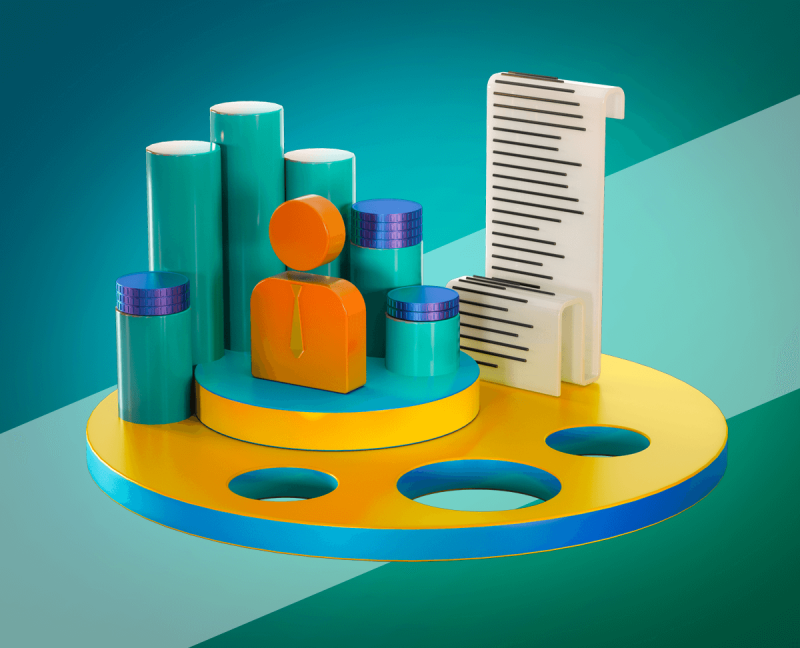
You’ve broken free of the rat race and the corporate shackles and you’re going at it alone. You know that your business plan is formatted perfectly, that you have the holy grail of elevator pitches and your custom made t-shirts fit like a glove.
Starting a business or going self-employed takes a lot of courage and here at Safenetpay we always throw our support behind anyone brave enough to take the plunge.
It’s very easy to get over-excited when adrenaline is running high but the business world is harder to navigate at the best of times, let alone as a one-person band. To give yourself the best possible chance at success you must take care of the boring (and often legal) stuff. You can’t build a great building with a weak foundation etc…
Albert Einstein once said of doing his tax return ‘this is too difficult for a mathematician; it takes a philosopher’. If one of the world’s greatest minds can’t really be bothered to fill out his self-assessment form, why should we? Perhaps we shouldn’t answer that…
Anyway, paying tax is inevitable and as a business owner, you are entirely responsible for the bill. Fear not, brave entrepreneur - here’s our guide on everything you need to know about paying tax as a sole trader.
As a standard PAYE employee, your tax and national insurance contributions are handled by your employer, based on your salary band. As a sole trader, you’re taxed on the profits that your business makes which you must declare through an annual Self Assessment tax return
The higher your profit - the higher your tax bill will be. That’s just the way it is. While you’re crushing contract negotiations and leaving your competitors in your wake, you will need to make sure you’re keeping money aside for tax purposes.
Well, that depends on how much profit you make. Online accounting platform Crunch recommends to set aside the following percentages to ensure your tax and national insurance contributions are covered:
| Profits per annum | % set aside for tax |
| up to £50,000 | 25% |
| up to £100,000 | 40% |
| between £100,000 and £150,000 | 45% |
| over £150,000 | 45% |
The deadline for submitting a self-assessment is always 31 January. You must register with HMRC before completing the form in order to receive your Unique Taxpayer Reference & set up a password to sign in to your account.
Upon completing your form and holding your breath, the amount you are due to pay will be calculated immediately. Then the fun really starts; handing over the cold card cash… You can pay using a personal debit card, business credit card (fees apply) or via a direct bank transfer. There is also an option to set up a direct debit which will automatically debit your account with the required amount after your assessment has been processed.
Sole traders are able to claim back certain business expenses, reducing the amount of tax you need to pay. ‘Allowable business expenses are costs that are ‘wholly and exclusively incurred in the performance of duties.
‘Allowable business expenses’ can include anything from protective clothing to pencil sharpeners so always keep your receipts! However, we advise to always advise the HMRC simplified expenses checker to see what you can and can’t claim.
If you’re a weekend warrior or are busy burning the midnight oil as an Etsy entrepreneur on your lunch break, any money you earn from your side hustle may or may not be taxable. If you receive an income as a sole trader but are employed elsewhere, you are required to declare your income on your self-assessment form.
The information you need to provide is found on your P60. When filling your self-assessment you must include the income tax deducted by your employer and HMRC will calculate any additional income tax or Self-Employed National Insurance due.
If you miss the 31 January deadline, HMRC will automatically issue a £100 fine. This fine is applied regardless if you have to pay tax or not. The fines and implications will only increase the long you take to submit your self-assessment after the deadline.
If you are required to pay a tax bill, you will be charged interest for late payment. A full breakdown of the charges payable can be found here.
Our advice? Don’t miss the deadline and don’t be late paying your bill. However, if you do - sort it out as soon as possible.